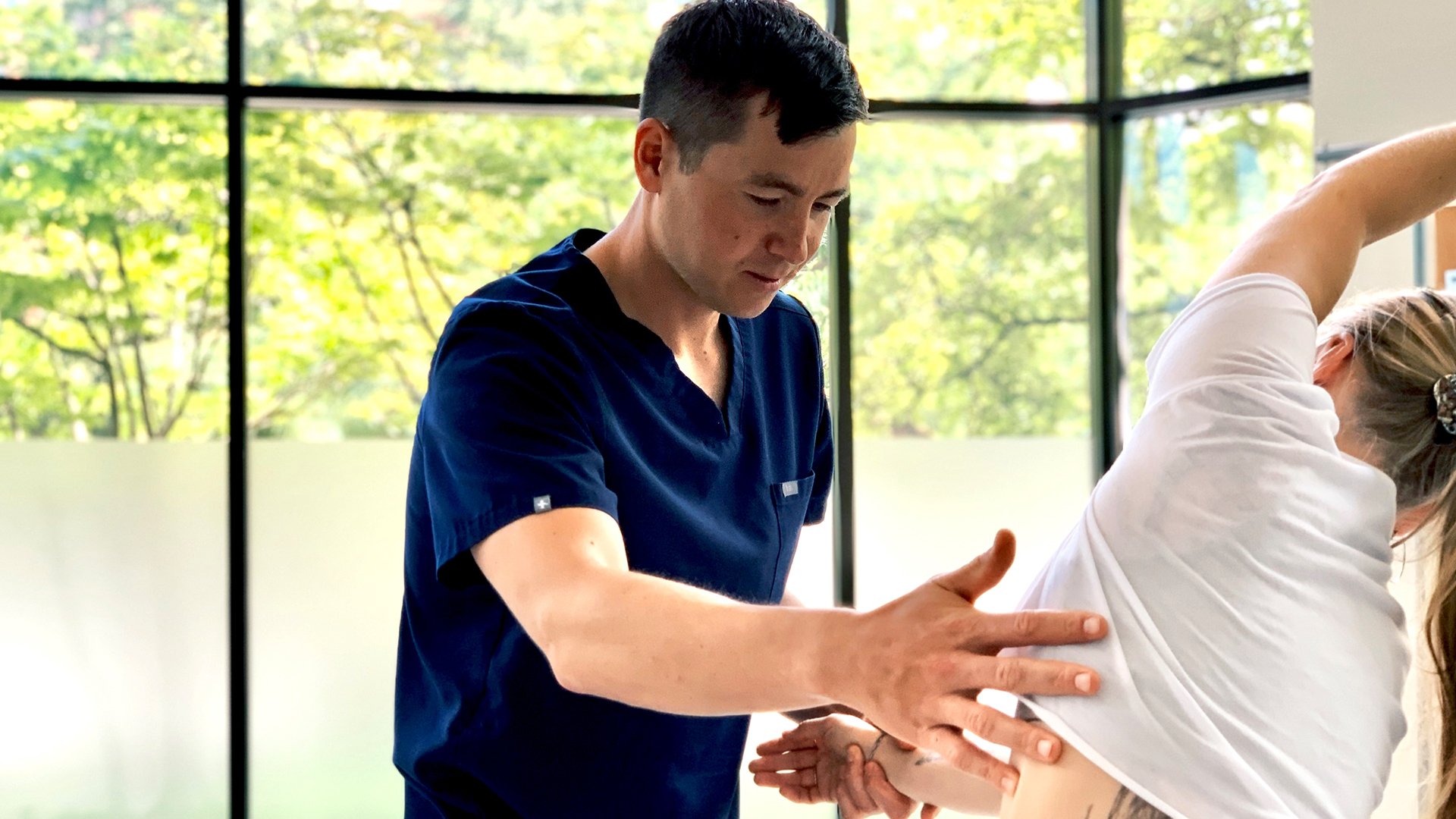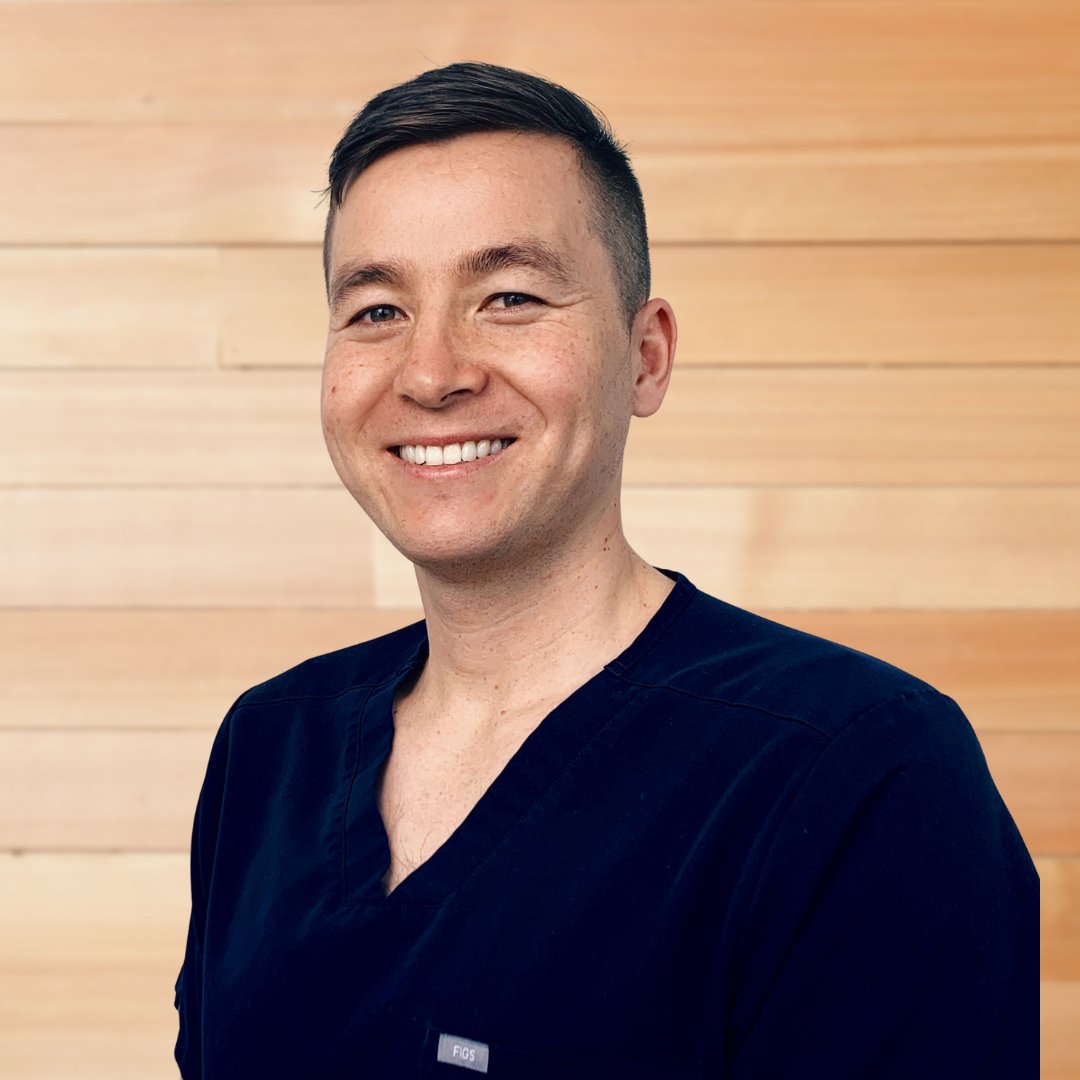What to Expect from Osteopathy
“You're my last hope.”
This is a phrase I hear often as an osteopath practicing in Canada.
Osteopathy is still a relatively new profession here, and many people are unfamiliar with what it entails. In contrast, in Australia, where I trained and obtained my Master's in Osteopathy, it is a well-established and recognized field.
Instead of diving into the history and philosophy of osteopathy, I’d like to share what you can expect during your appointment.
History Taking
During your first visit, we'll start with a detailed history of your current pain, injury, or issue. This helps us understand what’s affecting you, what you can and can’t tolerate, and how your condition impacts your daily life. We'll discuss any previous injuries and your understanding of your current issue, as well as any relevant medical history that could influence your recovery.
Assessment
Next, I will perform a thorough assessment to identify the root causes of your pain. We’ll look at how your body moves, which muscles are tight, and which may be limited in their movement. This assessment serves as the foundation for your treatment and rehabilitation.
It's important to note that assessment is an ongoing process. While we will gather significant information during our initial assessment, new insights will emerge as we continue to work together. Understanding your muscle capacity and how you respond to different treatments is crucial for your progress.
Treatment
Your treatment will include soft tissue work to alleviate tightness, reduce pain, and increase your range of motion. I may also use gentle joint articulations to encourage movement in joints that have been stagnant. Various techniques will be employed, all aimed at improving your overall function and reducing discomfort.
Movement
At the end of the session, we will engage in exercises designed to reinforce the changes made during treatment. These exercises will be tailored to your specific needs and tolerance levels, gradually progressing throughout your treatment plan. I will perform the exercises with you to ensure you feel confident and understand each movement. If something doesn’t feel right, we’ll find an alternative that works better for you.
Ongoing Care
It’s important to recognize that one treatment session is usually not enough to resolve issues. Most often, several sessions are needed, depending on your condition and goals. My ultimate aim is to help you feel better than before and to enable you to achieve the goals that brought you to my office.
Meet Colin
Using a range of manual techniques, Colin can help you reduce pain and increase range of motion with programmes specific movements and exercises to facilitate more robust and efficient movement patterns and provide prolonged relief.


